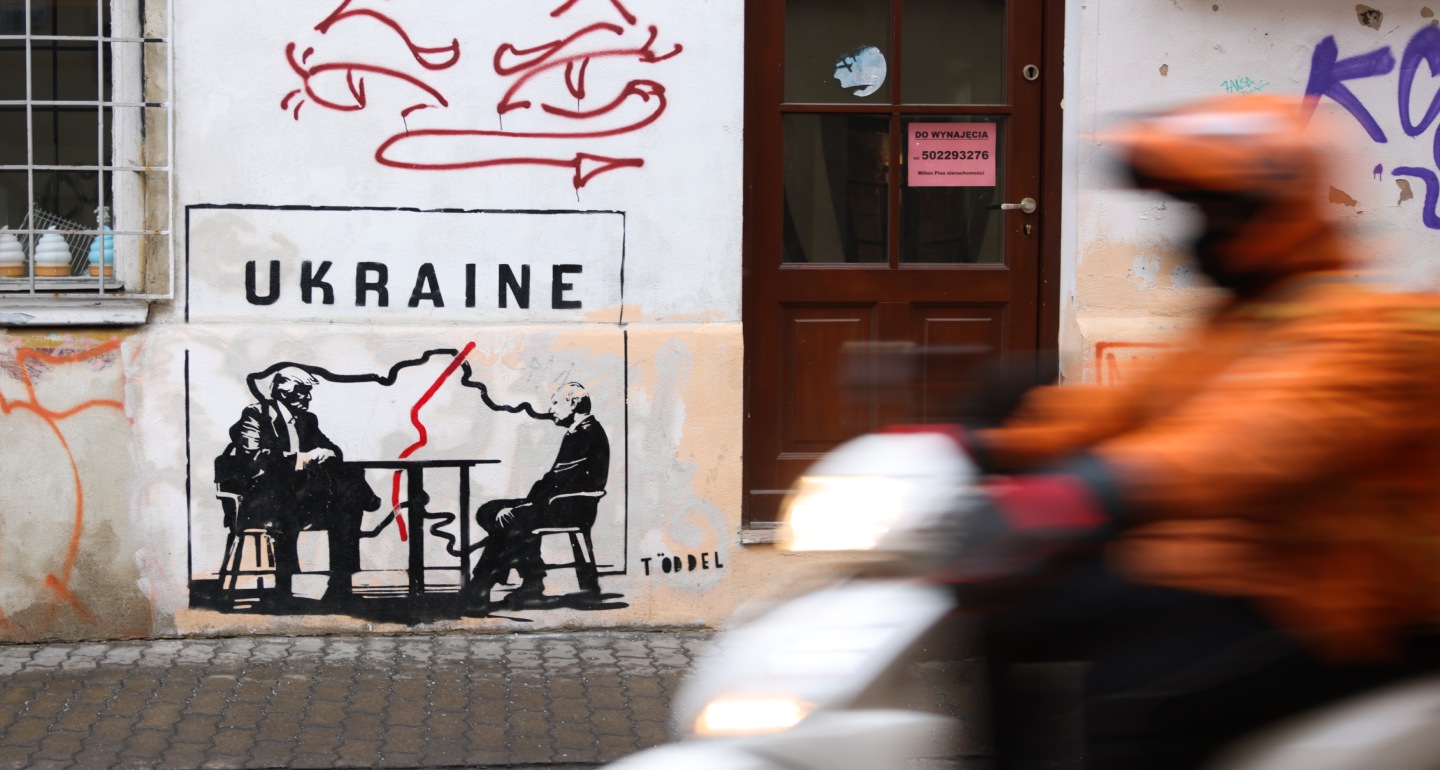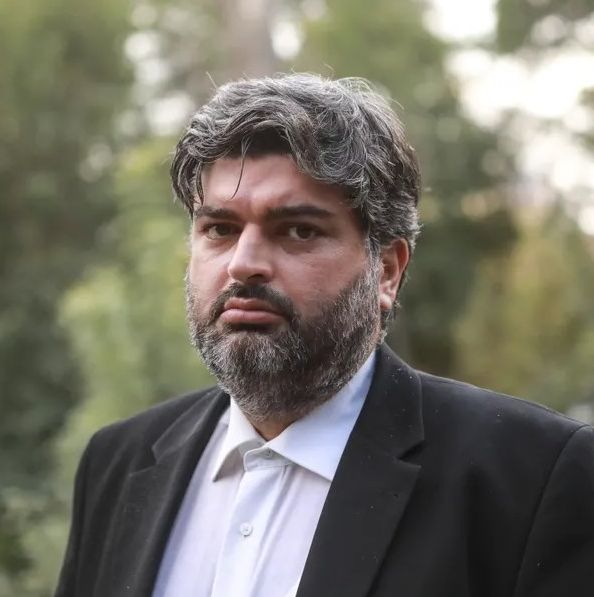For several weeks now, there have been non-stop protests in Tbilisi over the government’s latest attempt to pass a highly controversial law enabling it to designate organizations receiving funding from abroad as “foreign agents.” The third and final parliamentary reading of the bill, which closely resembles an earlier Russian law, is scheduled for mid-May. Despite the growing protests and elections scheduled for the fall, the Georgian Dream ruling party has no intention of backing down, apparently confident it has nothing to lose.
Indeed, in December last year, Georgian Dream was polling at 36 percent, far ahead of its closest rivals at about 21 percent. The government was riding high on its foreign policy achievements, having managed to simultaneously obtain EU candidate status and improve relations with Russia, which recognized Georgia as a non-hostile country. To top it all off, Georgia’s economy was boosted by an influx of Russians moving there following the outbreak of the full-scale war with Ukraine.
All of this appears to have buoyed Georgian Dream’s confidence to the extent that it decided to seize the moment to further strengthen its power by pushing through the law on foreign agents. The party is so confident that it has not even tried to make the bill more acceptable to its opponents, but has simply reintroduced it in more or less its original form.
Georgian Dream is counting on any outrage prompted by the law’s adoption to have subsided by the time elections are held in October. It also expects that the European Football Championship in June, for which the Georgian national team qualified for the first time ever, will further help to smooth over the fallout.
As for the EU, which has condemned the draft law, Georgian Dream is counting on the fact that Brussels has no time for Tbilisi right now, and in any case is unlikely to strip Georgia of its EU candidate status so soon after granting it last December. The party also expects the outcome of June elections to the European Parliament to be to its advantage, since it has no allies left in the current convocation, having fallen out with the Party of European Socialists last year over homophobic statements made by the Georgian prime minister.
Ultimately, therefore, there is nothing to stop Georgian Dream from getting the law passed now, thereby giving it a new weapon to fight opposition parties and Western-funded NGOs, and then keeping that weapon on standby until after the elections while continuing to negotiate with the EU as if nothing had happened. After all, it is one thing to pass a law, and quite another to enforce it.
Georgian Dream previously tried to get the law passed back in the spring of 2023, before eventually withdrawing it due to mass protests. But since then, two important changes have taken place: the granting of EU candidate status, and the return yet again to the political arena of Georgian Dream’s founder, the oligarch Bidzina Ivanishvili. He has been vocal in his support for the bill, which he insists will help Georgia to protect its sovereignty and avoid getting drawn into a conflict with Russia.
Another key role in the bill saga is played by the new prime minister, Irakli Kobakhidze, whom Ivanishvili appointed at the start of this year. It’s hard to name a more divisive Georgian politician than Kobakhidze. He’s highly ambitious, and has never been afraid to get his hands dirty in the fight against his opponents. If Ivanishvili was seeking to strengthen Georgian Dream’s grip on power, then Kobakhidze is surely the foot soldier he needs to make that happen.
Last year, in his post as chairman of Georgian Dream, Kobakhidze zealously supported the law on foreign agents. Now, having been appointed prime minister, he is determined to show that he can finish what he started. He even turned down an invitation to visit Washington because a condition of the trip from the Americans was that consideration of the new law be suspended.
The problem is that all of Georgian Dream’s recent successes—the foreign policy achievements and economic boom—owed more to favorable external circumstances than to careful strategic decision-making. The failure to pass the bill last year showed that the party is capable of making serious mistakes. It may well have miscalculated this time around, too.
Opposition to the law is growing, including from quarters such as individual Georgian clergy members and the country’s president, Salome Zourabichvili. The protests are already bigger and more violent than last year, as evidenced by the number of participants hospitalized and detained. Their current size is likely nothing compared to what will happen if Georgian Dream manages to get the law passed.
Finally, there is one issue that unites both opponents and supporters of the government, and that is joining the EU. Accordingly, Brussels’ resistance to the new law could still create serious problems for the ruling party.
On May 1, the director general of the European Commission for Enlargement, Hert Jan Koopman, visited Tbilisi, where he said the new law was unacceptable and would create serious obstacles for Georgia’s path to EU accession. That may not be enough to stop it: Georgian Dream has shown before that if left to its own devices, it rapidly drifts away from the path of democracy. The party may have withdrawn the law last year under pressure from Brussels, but as soon as Georgia received its EU candidate status, it returned the bill to parliament unchanged.
It is hard to believe the government’s official version: that the purpose of the law is to increase transparency in public life. All similar initiatives in the post-Soviet space—first in Russia, and then in Kyrgyzstan—have only had a detrimental impact on rights and freedoms. But there is an important difference between those countries and Georgia. Russia and Kyrgyzstan were not aspiring to join the EU when they adopted the repressive laws, while Georgia has now written its EU aspirations into its constitution.
Georgian Dream, which until recently looked certain to win another victory in this year’s elections, now risks repeating last year’s mistake. And this time, the stakes are higher, which means the outcome may be more dramatic. The party faces a difficult choice. Withdrawing the law again will bring even greater humiliation than a year ago. But not withdrawing it means risking the country’s European future—and with it, Georgian Dream’s own grip on power.











